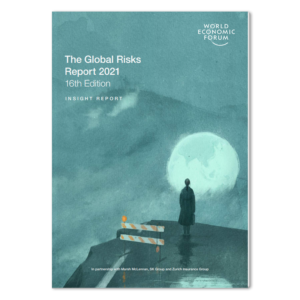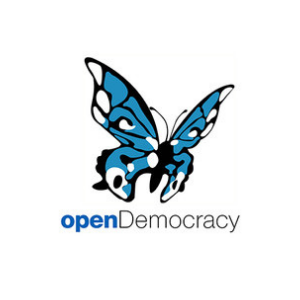
Brazil’s Bolsonaro moves to arm base, alarming gun experts
From abroad, she’s urging lawmakers and the country’s Supreme Court to strike down the measures.

From abroad, she’s urging lawmakers and the country’s Supreme Court to strike down the measures.

Latin America and the Caribbean are suffering from the twin epidemics of COVID-19 and organized crime and violence.

Even with deaths at all-time highs, Bolsonaro continues to undermine efforts to address the pandemic

Brazil is in critical condition. Latin America’s largest country is experiencing record-breaking death tolls and its health system is teetering on the brink of collapse.

Robert Muggah contributed to the annual Global Risks Report.

The COVID-19 pandemic is generating monumental challenges for most governments, corporations and societies, both online and off.

It was once fashionable to describe Brazil as the country of the future.

When Brazilian President Jair Bolsonaro repeatedly downplayed the threat of COVID-19, Brazilians were understandably confused about the gravity of the pandemic.

Globalization is the most progressive force in the history of humankind.

Late last year, Colombia’s federal police arrested Diego Optra, a crime boss who heads a ruthless gang called La Local in the port city of Buenaventura.

At least one foreign leader still believes outgoing U.S. President Donald Trump’s desperate claims that the election was rigged.

All during 2020, as the coronavirus pandemic swept around the world, another novel virus with devastating long-term effects spread unnoticed worldwide

While the coronavirus pandemic is ravaging around the globe, we will continue to experience unprecedented urbanization in the coming decades.

Ilona Szabó is competing for the Think Tanker of the Year prize

At 8:45 pm, five gunmen stormed the Holey Artisan Bakery, an upscale establishment in Dhaka, the capital of Bangladesh.

Central Asia was long a digital backwater

Brazilians are preparing nervously for their own municipal elections on November 15

This is the startling observation made by authors Ian Goldin and Robert Muggah in the introduction to their fascinating new book, Terra Incognita

Around the world, responses to the first and second waves of the COVID-19 pandemic are understandably focused on reducing infections and fatalities.

At the sharp end of the wedge, cross-boundary bodies like the Igarapé Institute, with the cooperation of Interpol and NGOs, track environmental crimes in the Amazon basin, with a view to bringing legal cases against those responsible.

This article is part of a series in which leading experts reflect on emerging trends for cities seeking to address hate, polarisation and extremism.

One of the first countries to register a Covid-19 outbreak, South Korea, flattened the curve in stunning fashion. It registered over 22,000 cases, yet fewer than 400 deaths at the time of writing.

JBS, the world’s largest meatpacker, is turning to blockchain to ensure the traceability of the tens of thousands of cattle it processes every day in Brazil, following intense pressure from both investors and activists over its environmental record.

At the United Nations, the world’s longest Zoom meeting is underway as presidents and prime ministers meet virtually amidst a pandemic that has killed almost a million people, an economic depression with no modern parallel, and a tide of polarization and division that threatens the social fabric in many countries.

The world’s longest Zoom call is underway at the United Nations General Assembly today.

The digital economy has finally arrived.

Around the world, COVID-19 is accelerating polarization and division.

Recent political developments in the United States are threatening internet freedom and cybersecurity across Latin America.

Related concern about state brutality also propels two expert advocates up the list: Ilona Szabó de Carvalho (5th), who set up the internationally-influential Igarapé Institute, which champions citizen-led security, and the American prison abolitionist

Robert Muggah, co-founder of Brazil-based security and development think tank Igarape Institute, said that while Monday’s operation will “sting,” it is “unlikely to make a major dent on the PCC” given the organization’s vast size, hierarchy and deep roots in the country’s prison system.

O Instituto Igarapé utiliza cookies e outras tecnologias semelhantes para melhorar a sua experiência, de acordo com a nossa Política de Privacidade e nossos Termos de Uso e, ao continuar navegando, você concorda com essas condições.

